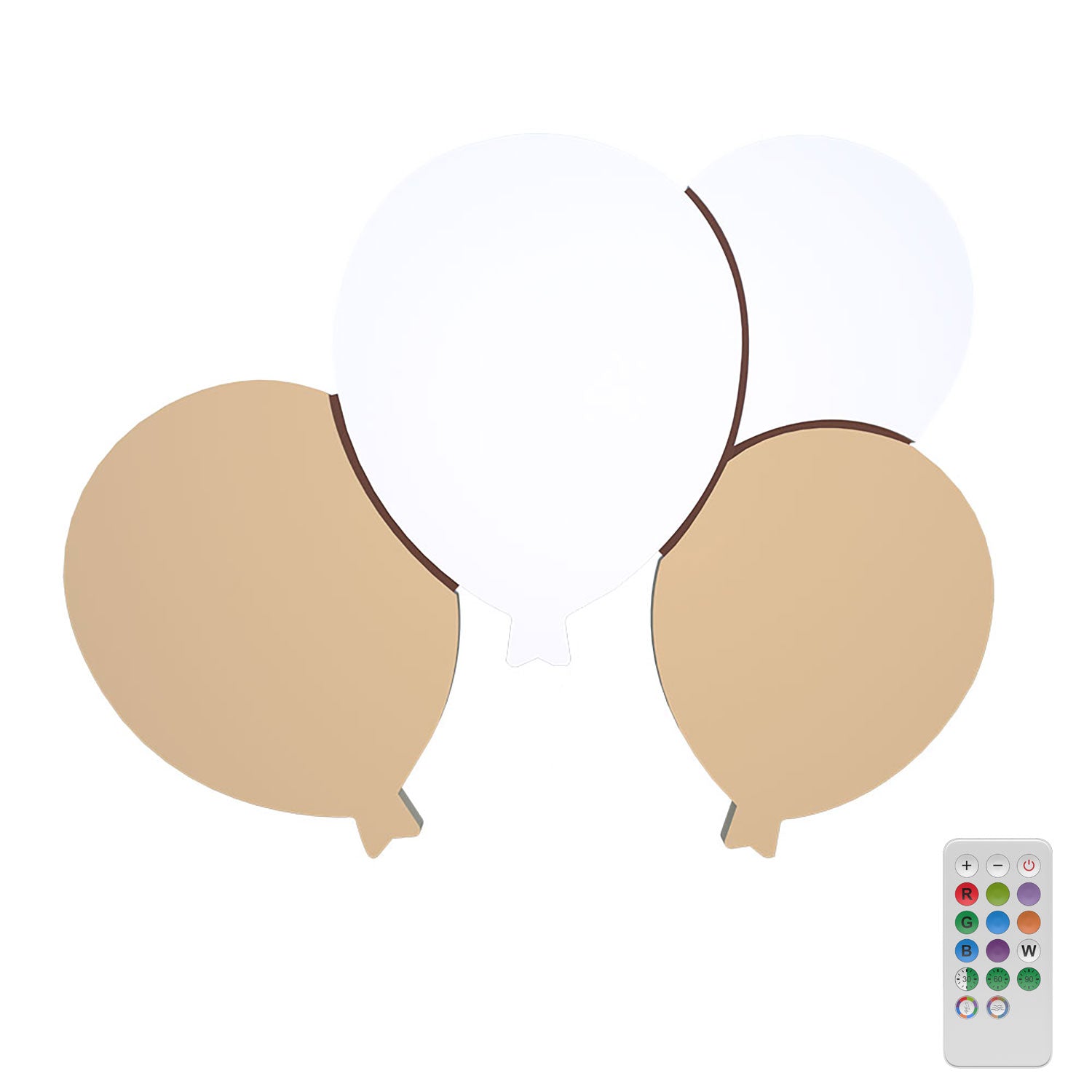Becoming a mother is a whole adventure that a woman should not take lightly. And for good reason, this involves different constraints, but also brings its share of benefits. During the baby's first months, you will have to give him breast milk, as recommended by the World Health Organization or WHO.
Breastfeeding is the oldest and most natural way of feeding a newborn, although today there are several other solutions. Some mothers choose to only breastfeed their children, while others opt for bottle feeding. It is also possible to turn to mixed breastfeeding, that is to say feeding the little one with breast milk and a bottle.
But what you need to know is that breastfeeding brings many advantages, and unfortunately some disadvantages. In this article, we invite you to discover the beneficial effects of breastfeeding, both for the mother and for her little one. In the last part you will find information on the negative points it causes.
Everything you need to know about breastfeeding
Breastfeeding refers to the act of a mother who breastfeeds her baby so that the baby can feed on breast milk. If it is advisable to exclusively breastfeed your infant during the first six months of life, other points about breastfeeding should also be known.
Breast milk: to meet the nutritional needs of the baby
All the research undertaken over the years on breastfeeding shows that breast milk provides many benefits to baby and his mother. And this, on several levels: psychological, physiological and nutritional. It constitutes “the” reference in terms of nutrition for a baby, during the first months of his life. Indeed, while providing sufficient nutritional intake to the infant, breastfeeding allows for a strong bond between the child and his mother.
According to the WHO, exclusive breastfeeding is best for a baby up to 6 months. After the sixth month, the energy intake obtained in breast milk is no longer sufficient to properly contribute to the growth of the toddler. Thus, mixed breastfeeding will be required, including breast milk and solid foods, which will need to be diversified, and if necessary infant milk .
Baby breastfeeding: some points to clarify
Before starting this paragraph, let's emphasize a fundamental point: to breastfeed properly, the mother must want to do it. This should not represent an obligation for her. Now that this point is clarified, let's continue with the principle of breastfeeding.
The very first feeding is done as soon as possible, usually 30 minutes after the birth of the newborn. The infant is placed on his mother to encourage her to breastfeed. This also helps prevent the appearance of chapping on the mother's breasts.
As for weaning, there is no precise data to define the ideal period to begin it. In any case, the mother can decide to stop breastfeeding if, for example, her work forces her to do so, or when she no longer enjoys it. In all cases, stopping breastfeeding must be accomplished gradually and gently. It will take the cherub some time to acclimatize to this new situation.
Furthermore, when mother is breastfeeding, taking medication is strongly discouraged, or even prohibited. This is because any substance swallowed by the mother passes into the milk and is likely to harm the baby's health. This is the case if she drinks alcohol or smokes tobacco. However, if you need treatment, talk to your doctor first.

The main benefits of breastfeeding for the mother
While breastfeeding promotes the bond between a mother and her baby, it also has several other benefits. Here are a few.
To recover better after childbirth
Breastfeeding stimulates the secretion of the hormone oxytocin. This hormone helps reduce the flow of blood after the birth of the newborn. At the same time, it allows the uterus to return to its pre-pregnancy size and shape. As a result, mom will be able to recover more quickly.
To combat postnatal depression
Research has shown that breastfeeding helps reduce the risk of postnatal depression in young mothers. This problem currently affects almost 15% of new mothers. Thanks to the release of oxytocin, the relaxation hormone, stress is reduced. It improves mood.
Better health for mom
Breastfeeding your baby helps prevent the onset of certain diseases, to name only type 2 diabetes, breast cancer or ovarian cancer. When a woman breastfeeds for more than a year, it actually helps reduce the risk of cancer. This also minimizes the risk of heart disease and high blood pressure.

The beneficial effects of breastfeeding for the newborn
There are many things to know to help baby feel better during his first months. In particular, he needs a reassuring environment to live without stress. To do this, you can add a small night light in his room so that he does not sleep in the dark.
Aside from that, feeding is also important. In reality, breast milk is a natural food providing all the nutrients essential for an infant. Simple to digest, it guarantees sufficient nutrition for the little one during his first six months. It is clear that this milk has various benefits for the baby.
Breast milk: a more than useful colostrum for baby
During the first days following childbirth, a woman's mammary glands secrete an opaque, yellowish milk called “colostrum”. This substance, containing little sugar, is rich in proteins and full of protective antibodies.
Colostrum stimulates infant growth. It is of great importance because it helps in the development of the newborn's digestive tract. In addition, it strengthens its protection against possible viral and bacterial infections.
Containing immunoglobulin A and maternal antibodies, colostrum is useful for the immune system. It helps form a protective layer within the toddler’s digestive and respiratory tract.
Breastfeeding: for a healthy gut
Breast milk contains bacteria that are favorable to the body, in this case probiotics. It also contains prebiotics, substances essential for the multiplication of these bacteria. These help keep the intestines healthy.
According to studies, the presence of these probiotics in the intestine of a baby helps stop the manifestation of atopic conditions, such as asthma. All in all, breastfeeding your newborn is essential to preserve your baby's health.
Nutrients as desired
In addition to probiotics, breast milk is a source of nutritional elements. As indicated previously, milk alone provides all the necessary nutrients to infants until they are six months old. This milk is rich in vitamins, proteins, fats and sugars. It is perfectly suited to the evolving nutritional needs of your little one.
For a vigorous and efficient brain
Drinking breast milk can be greatly beneficial to your little angel's cognitive development, especially if he or she was born prematurely. Some studies have shown that breastfed babies have a higher intelligence quotient or IQ. Better yet, they are less predisposed to learning and behavioral disorders.
Good immunity for the little one
Breast milk can protect the baby against various diseases, including ear infections, childhood leukemia, atopic eczema, sudden infant death syndrome, gastroenteritis and many others. In addition, prolonged breastfeeding ensures long-term protection of the child. So much so that when she reaches adulthood, breastfeeding will have allowed her to protect herself from problems, such as heart disease or diabetes.
To maintain a good weight and have a healthy body
As you may have noticed, breastfeeding is beneficial for both the mother and her baby. Another benefit: it helps you gain weight healthily. This also promotes the prevention of childhood obesity. According to specialists in the field, this is certainly due to the fact that breastfeeding has an impact on the intestinal flora. Starting to wean the baby around 6 months will therefore be beneficial.

Some disadvantages to note about breastfeeding
Unfortunately, while there are many benefits of breastfeeding, there are unfortunately some negative points. Several reasons can actually push some mothers to favor the bottle. So here are some of the drawbacks.
A painful start to feedings for mother and child
Starting breastfeeding can sometimes be very difficult. This, both for mom and her little darling. Establishing this ritual can be painful for the mother during the first few days. This is because the baby's sucking can sore the nipple. In other cases, breast milk may not come in. For his part, the little one may have difficulty breastfeeding.
Difficult to combine professional life and breastfeeding
Certainly, the law provides certain provisions to offer young mothers the opportunity to breastfeed their babies. Despite this, it can be complex to combine professional life with life as a mother. Generally, with maternity leave, the mother gets around two months off after giving birth. If she is an employee, it will undoubtedly be quite complicated for her to continue breastfeeding until her baby is six months old.
Negative effects on sleep
When a woman is breastfeeding, she will occasionally have to get up in the middle of the night for nighttime breastfeeding. During the first months, baby will surely ask for milk during the night. Mom will need to keep a wall night light on in the room to avoid any accidents during feeding. And of course, it will have a bad impact on your sleep. If you can, express your milk and keep it cool in the fridge. That way, if you're really tired, Dad can take over feeding the little one.
Conclusion on breastfeeding
To finish this article, let us remember that breastfeeding remains the optimal feeding method for a newborn. Breast milk helps meet the nutritional needs and energy intake that the baby needs to grow normally.
However, if you are unable to breastfeed your child for one reason or another, know how to choose the infant milk best suited to your little one. In any case, one thing is to remember: the smallest amount of breast milk you give to your child will have a positive impact on his health.
Despite the disadvantages mentioned above, nothing beats mother's milk to properly nourish a baby. In addition, breastfeeding constitutes an intimate moment of complicity between a child and his mother. If possible, breastfeed your baby during his first few months, at least until he is 6 months old.







